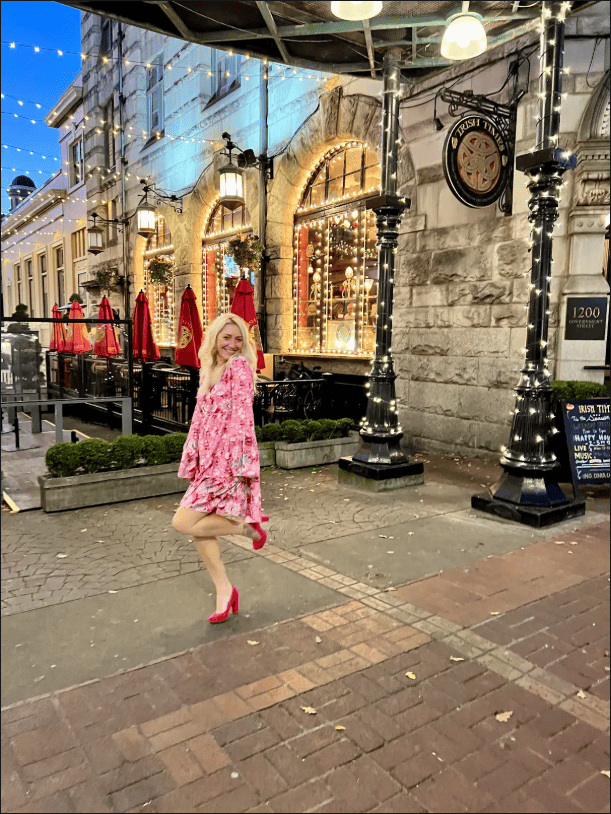
The Crown at Soviet Olympics
A girl raised as royalty chafes against inherited privilege—both her family’s Soviet-era prestige and the psychological borders they imposed. Between silver tiaras and the allure of escape, she dissects what true sovereignty costs: rebellion or complicity?
I was born during the Olympics and given a name that flooded every street of the Soviet Union. We Katyas were all the same—braids with ribbon bows, our name sung in Apple Trees and Pears, all equally mocked with “Bye, Katya.” Our sisterhood grew with our social circles: in kindergarten, peeling off brown tights before naptime, leaving their socks on the floor to avoid the cold linoleum, we’d lose balance and topple onto another Katya mid-struggle; in school, we sat in rows of identical names; with boys, we feared no misnaming—we were all Katya. We were largely interchangeable. Yet I turned out utterly, utterly singular. I was born with a crown on my head, already certain I was no ordinary Katya—my path would be extraordinary. Raised from childhood as a queen, I lived as one: Catherine the Second, not “the Great,” but the Second. For my passions: for finery and lovers, for inciting wars against the Ottomans, for my ceaseless drive to expand the Russian Empire’s borders—a catastrophically politically incorrect stance today. But I can joke about it, because my conscience is clean: slogans, posters, protests, foreign op-eds, counter-revolutionary acts, enlightenment campaigns—acts as a way to engage with the world. I can jest and evade accountability because slogans and protests have no place within the Empire’s borders.
I’ve always preferred expanding my own borders: personal, permissible, geographical. I loved to travel—whether overseas or through the woods to the next village. How stifling to be caged by boundaries, metal detectors, barbed wire. I longed to break free, to tear through, skin snagging on spikes if necessary, fighting toward some nebulous “other side.” In this hunger to push limits, to confront the new—the terrifying, the impoverished, the bleakly unjust—I felt like Siddhartha Gautama. Yet the world still called me Catherine the Second.
I was the first granddaughter of a renowned medical dynasty—respected in Moscow’s highest circles for their hierarchical prestige, breakthroughs in genetics and neurology, for knowing what few could fathom, for their polymathic erudition that always accompanies medical training, as though literature and art hold keys to human nature. Grandfather headed the Southwest District Health Department, ran the hospital near our home, and studied the human genome. His famous discovery swept the USSR when he helped a couple plagued by miscarriages conceive healthy children. He linked the losses to a chromosomal anomaly affecting only female fetuses. When they conceived boys, they didn’t stop. That couple became Soviet celebrities; Grandfather won awards and acclaim. From our balcony, I could see his corner office: the long table for weighty Soviet meetings, the heavy stone ashtray, chess clocks, a white coat slung over a chair, and paintings. Grandfather was a man of myriad talents. In the hospital’s spacious attic, he built a retreat where he vanished to paint or play chess. I loved that attic—chess mid-game, half-finished canvases, the haze of smoke and reverence for human grandeur. Even the office outlets, labeled with their voltage, seemed sacred sigils of an unassailable order. Stern and authoritarian with others, he doted on his first granddaughter, singing lullabies of her future glory: “Summer wanders down the lane, Sunlight spills from roofs like rain.” An ambulance fetched me from kindergarten.
Grandmother chaired Moscow State University’s Trade Union Committee, whispering deals into ears, lobbying, persuading. Her hair was always impeccable, her clothes cutting-edge. I remember her silk scarves, jewel boxes, the French words she used for ordinary objects. Once, at a university event, a dean asked what I wanted to be. “A firefighter,” I said. Grandmother flushed: “Katya jokes. She embroiders, speaks French, and adores Bryullov after our trip to the Russian Museum.” Not wanting to disappoint, I improvised: “Je veux être pompier… pour éteindre le feu à Pompéi, même si c’est un peu tard!” The dean heard “Pompeii,” misheard “tard” as “Karl,” and blurted pompously:
“Art’s peaceful trophies you bestowed,
To fatherland’s embrace they’re led.
‘The Last Day of Pompeii’ now glowed—
For Russian brushes, day first spread!”
My childhood was happy. I received the finest education, attended ballets and museums, discussed complex ideas, and was deeply loved. Grandmother called me Empress Catherine the Second. My crown was silver, not plastic, with real crystals. Childhood photos show: Katya in a crown, Katya with a book, Katya on a potty with crown and book. Not over-loved, not over-pressured, but steeped in royal exceptionalism, an unspoken remove from proletarian woes—monarchic arrogance seeped into my bones, habits, and demands.
I expected boundless attention, reverence for my “delicate soul,” submission to my rules and ambitions. Crowns usually come with inheritances. Mine spared me rent, tuition, car payments, dachas—all assumed as due. Grandeur brought ease: elite circles welcomed my education and cultured pedigree. It also brought Sartrean nausea, a gnawing discomfort—Why do I feel ill at ease here? Where do I belong?—and that pull toward the other side of the fence.